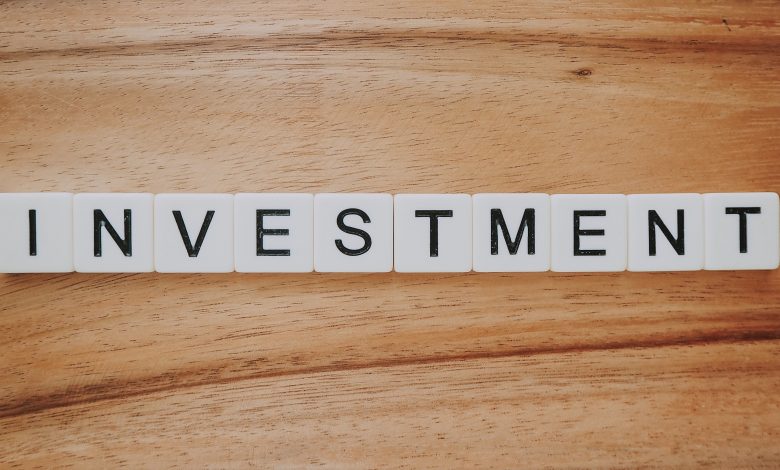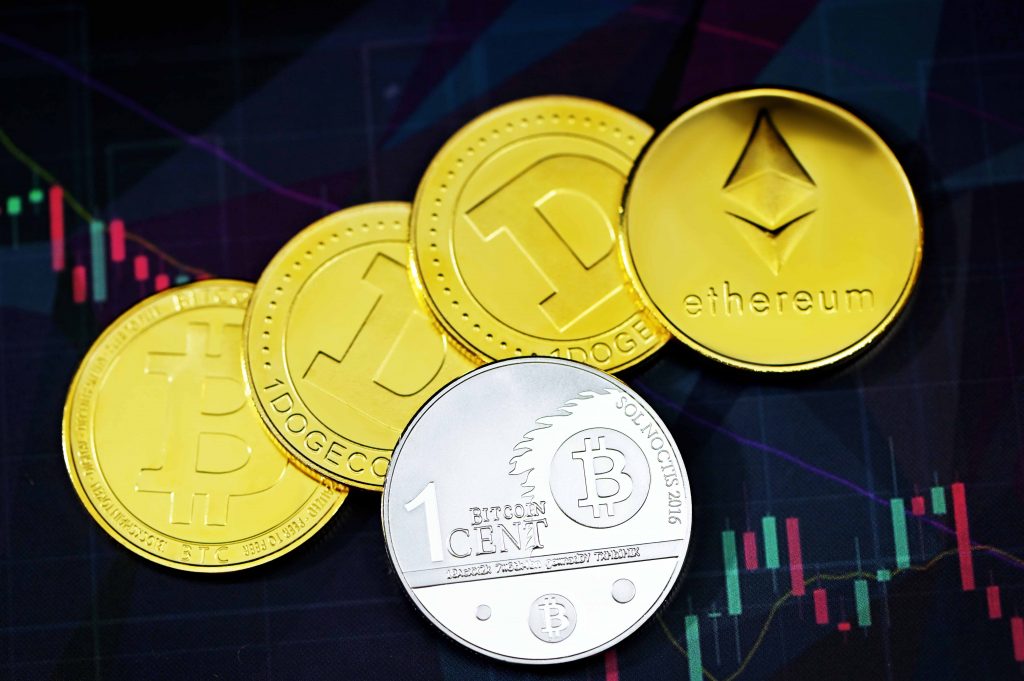Best Investment Options in 2021

Investing is a crucial undertaking for anyone who wants financial independence. Economic crises are sometimes unavoidable, and those caught unprepared will suffer immensely from loss of income. Investing helps beat inflation and aids in wealth creation. Investing means something different for everyone. For some, it can simply refer to investing time and effort for future benefits, while for some, it’s putting out resources to earn a profit. In this guide, we will review the best investment options in India 2021 so take a look.
Why Should You Invest?
As you work hard for your money, it should also work for you; this can only be achieved through investing. Banks don’t break a sweat paying you interest to keep your money since they will use it to create much more than they pay you. Instead of leaving your funds to lie in the bank, put it to work through investing. Here is why.
- Investment yields higher returns than saving through a credit union or bank. For instance, investing in real estate benefits the investor through capital gains when the property is sold or rental income. A person who invests in bonds benefits through payout coupons given at predetermined periods.
- Investment prepares an investor for retirement or emergencies such as hospital bills or fires. Salary income is unreliable, and an investor cannot sustain their lifestyle after retirement.
- It helps beat inflation, unlike savings, whose value depreciates as time passes due to inflation. If you invest your funds, the purchasing power is likely to increase and beat inflation.
- Investment also helps to achieve financial goals and grow one’s wealth. Unlike a 9-5 job, investments are primarily hands-off, meaning you don’t need to spend too much time on them. They, however, carry rewarding returns, which can have you set for retirement or emergencies that require large amounts of money.
Our Selection of the Best Investments in 2021

The investments we have discussed below can be categorized into 3 levels:
- Low-Risk
Investors with a low-risk appetite seeking options subject to low or no volatility at all are suited for these investments. Bonds, fixed deposits, public savings schemes all fall under this category. Retirees, for instance, are an example of such investors who spend their entire life building a safety net. Returns for this category are low but always assured since the market is not linked to stock but interest rate movements.
- Medium-Risk
The category is suitable for investors looking for a moderate level of volatility but a relatively higher rate of return. Debt, index and mutual funds fall in this category. These instruments carry an element of both debt and stability. The volatility associated with debt makes it possible to lose the whole amount and impossible to generate a regular fixed income.
- High-Risk
Risk takers and market savvy investors stand to benefit most from this category. High tolerance for volatility has a reward or high returns, but there is no guarantee. While there is no limit to the gains, the possibility of loss is very high. Stocks, crypto and equity mutual funds are good examples of such options. It’s crucial to know when to invest and when to pull out your resources.
Fixed Deposit (FD) Account
An FD account is a suitable option for an investor who does not want to veer too far away from banks but wants to earn a higher interest rate. It’s a high-yield account that pays interest on cash balance and fewer overhead costs, meaning you will retain more earnings. You can quickly deposit funds and withdraw returns from your account through an ATM.
If you need your funds in a short period, this is a suitable option. It’s also not affected by market fluctuations, and there is no depreciation of the principal amount. The hassle-free annual renewal is also a plus as it guarantees compound benefits.
Best investment for: Risk-averse investors who have a short time frame to invest their money. Investors with a high-risk appetite can also choose this investment to diversify their portfolios.
Direct Equity
Investing in stocks is the first thing most people think about when investments are mentioned, but it’s not everyone’s cup of tea. Apart from high volatility, there is no guarantee of returns. Furthermore, an investor needs to research to pick the right stock and wait for the proper time to invest. The silver lining is that it has been proven to deliver higher profit than most investments if the person has a 3–5-year time frame.
It’s possible to avoid the possibility of losing a considerable amount of capital through a stop-loss order. A stop-loss works by placing an advance order to sell the stock at a predetermined price. You need a Demat account to directly invest in stock shares. Banks allow customers to open a 3-in-1 account to invest in shares and still carry out banking needs.
Best investment for: Risk-takers who want high gains. It’s advisable to diversify one’s portfolio with low-risk investment if you decide to go the stock way.
Public Provident Fund (PPF)
PPF is one of the most popular and trusted investment options in India. It requires a minimum of Rs 500 to invest and pays interest annually. It also has a maturity duration of 15 years, with partial withdrawals allowed at a predetermined point. It also pays high and steady interest rates regulated by the government from time to time.
Best investment for: PPF is a long-term investment, so it’s suited for investors that are ready to wait for 15 years to get their money back. It, however, pays interest annually, which can be compounded if one wishes to do so. Due to the time horizon it’s a low-risk investment, so risk-averse investors can benefit from the investment.
Government Securities
Just like individuals and companies, government bodies require money to fund projects and undertakings. The funds are not always available at their disposal, so they issue bonds to the public. Interested individuals can then buy these bonds and receive interest annually or after an agreed-upon period. The investment is a fixed-income option that investors are paid annually.
Best investment for: Beginner investors looking for a steady income and very low volatility. Bond funds are highly liquid, but long-term bonds may, however, fluctuate more than short-term ones due to interest rates fluctuations.
Index Funds
A Nasdaq-100 index fund is suitable for people who want to invest in big tech companies such as Apple, Microsoft, and Facebook. The fund is based on the largest companies meaning they are both prosperous and stable. An investor benefits from immediate diversification such that the failure of one company in the index fund does not affect the fund’s performance.
Best investment for: investors looking for high profit margins with medium volatility. However, the investor should be able to commit to the fund for 3-5 years for better profits. The fund is quite liquid and can be readily converted into cash when the market is open.
Real Estate

Real estate is another popular investment venture for people with significant amounts to invest. The profits are in the form of capital gains if the investor builds and sells houses or rental income if they put the property out for rental purposes. The option is more suitable for an investor who is ready to manage the properties. The suitable time to undertake this investment is when the mortgage rates are meager. However, the unstable economy can make it challenging to run it since tenants and buyers may default payment due to irregular income.
Best Investment for: investors willing to wait since it takes a while to start making profits in this market. You will need to choose an appropriate property, finance it, maintain it and be ready to deal with tenants. It’s impossible to manage this investment from the palm of your hand through your smart devices. It’s possible to generate a regular cash flow from the properties, but it takes time to stabilize the income. Housing is the least liquid investment so if you need returns in a hurry, avoid the real estate market.
Cryptocurrencies

Crypto has become a popular investment in the past 10 years. It’s a digital-only currency that can be used as a means of exchange. It has become a super-hot investment with people globally pouring thousands of dollars into the property, therefore, pushing the prices up. Bitcoin is the most widely available and traded crypto. Its price fluctuates a lot, attracting many traders looking to profit from the price changes. For instance, bitcoin soared from $10,000 at the beginning of 2020 to $30,000 in early 2021. It has since doubled in price since then.
Crypto is not backed by any government. Its worth is determined by the willingness of traders to buy and sell.
Best investment for: investors with a high-risk appetite since the prices fluctuate quite often, but there is potential for very high returns. Cryptocurrencies have a heightened volatility, since the price is determined by what traders are willing to pay. There is also the possibility of being outlawed and the currency falling to complete zero. They are, however, liquid, meaning you can buy and sell them at any time.
Mutual Funds
These are financial vehicles run by a fund manager who collects money and invests in stocks or bonds. The generated returns are then shared among the contributors. The critical point for mutual funds is to evaluate volatility before investing your money. It’s an appropriate investment option for anyone who has limited capital but wants to grow money multifold.
You can choose a low-volatility investment with a fixed income or a high volatility with high returns. Whether going for long- or short-term investments, you can easily create a portfolio.
Best investment for: Investors with limited funds since resources are pooled together for investments and returns divided according to contribution. It’s also suitable for investors looking for high returns in India.
What You Need to Consider Before Investing
Like anything else to do with money, you cannot go into investing blindly, so here is the information you should be armed with before making any monetary commitment.
Risk Appetite
Many investors want an investment that will give them handsome rewards in a few months or years while exposing them to no volatility at all. The truth is, no such investment exists. An investment is either high-risk, high return or low risk low return; no in-between. What will determine the suitable options is how much risk you are willing and able to endure. If you are risk-averse, go for low-risk options such as bonds, but a risk-taker can choose high-risk options such as stocks and crypto.
Investment Time Horizon
It refers to the time an investment is held for a predetermined goal before disposing of it. Do you plan to keep the stock for 30 days or 1 year? The factor determines the suitable options. For instance, if you need money shortly, you will be safer going for government securities or savings accounts, which have a lower risk and fluctuate less. A longer timeframe affords you the opportunity to take risks since you can wait out the downs of the market. You can consider stocks and hold them for 3-5 years for greater long-term rewards.
Knowledge & Skills
Knowledge is critical in investing. You can’t go for the options being hyped on social media or by your workmates. You need to research before you invest. Also, some investments require more knowledge than others. A savings account, for instance, doesn’t need you to know so much, while the stock market requires specific skills and up-to-date knowledge. If you don’t have time to learn about specific investing options, you can use the services of a professional to invest.
Investment Funds
How much do you have to invest? A common misconception is that you need to be a millionaire to invest, but that is not the case. It’s true that the more you can invest, the more you will gain, but some investments don’t require high capital to start.
The Bottomline
Investing is indisputably a great way to build wealth and sustain or improve your lifestyle by making your money work for you. Investors have multiple options ranging from low risk to high risk investments. Before undertaking it, you need to research each investing option and understand how it fits into your overall financial plan.
Although it may seem daunting at first and you can manage your financial assets and investments without the help of an expert. Start by registering a brokerage account and deposit funds to start investing. Ensure you keep track of important market news to make the right decisions.




